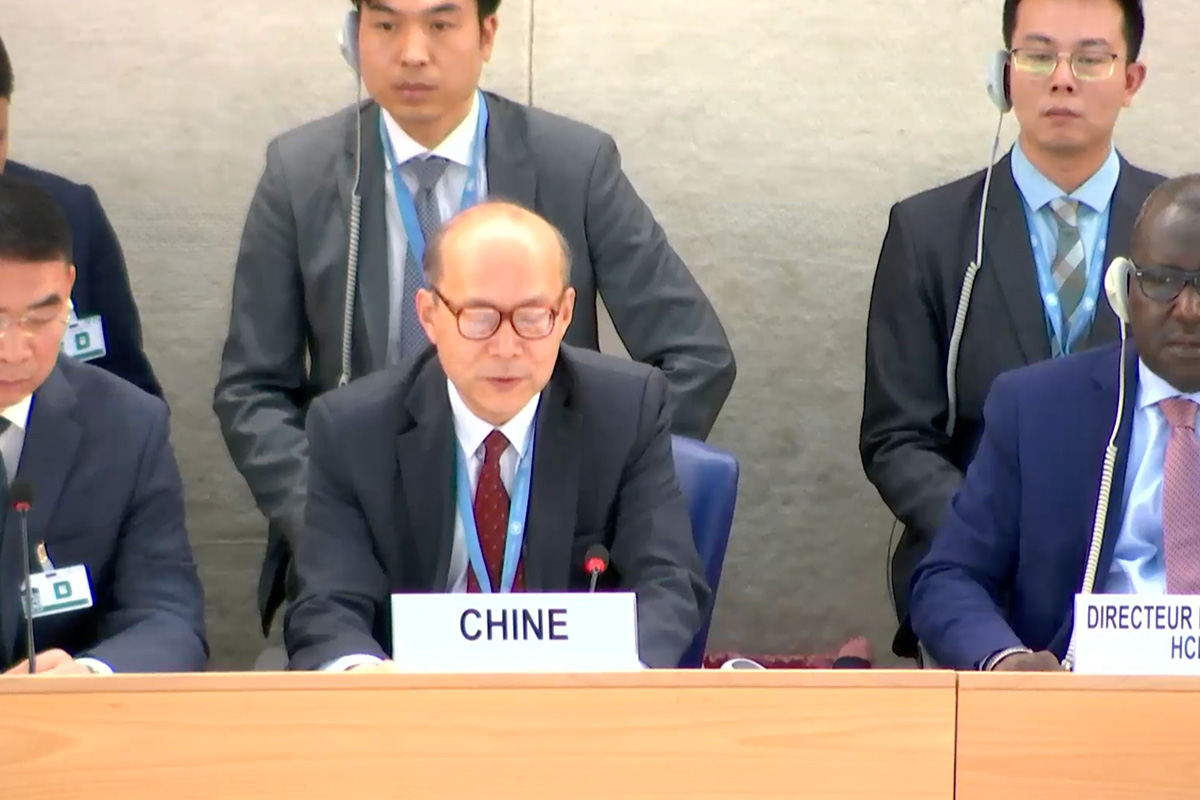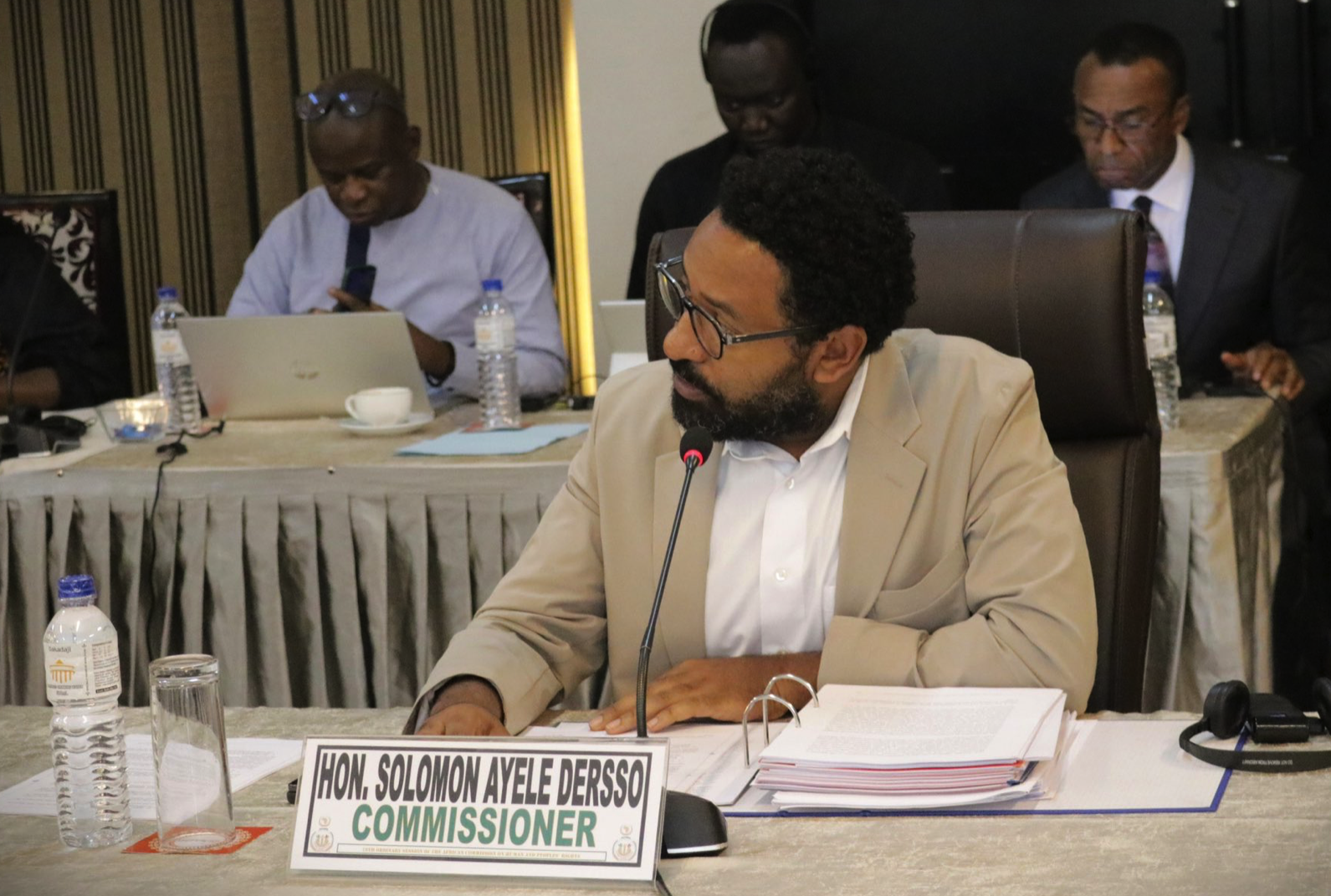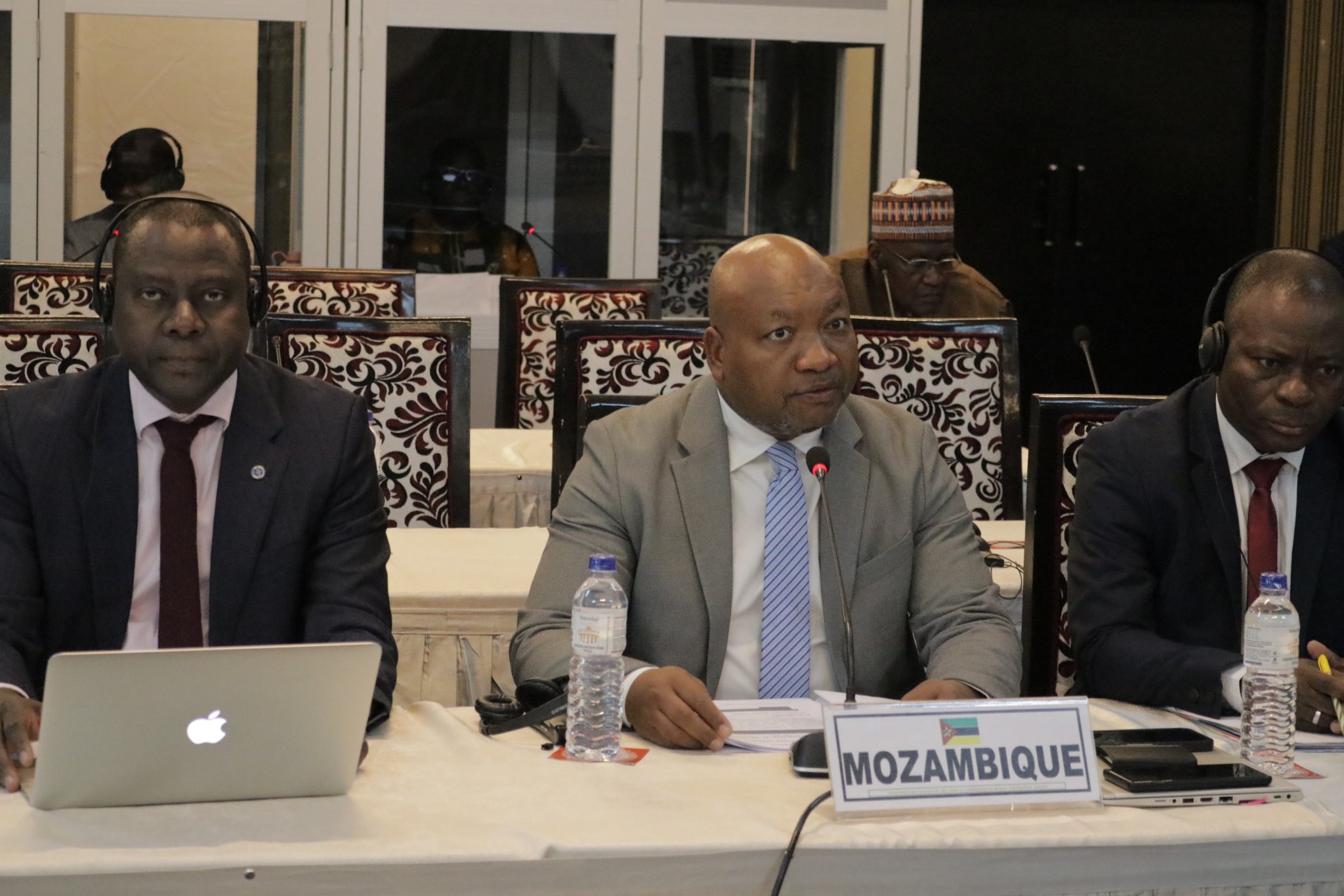By Sara Blackwell and Katie Shay, International Corporate Accountability Roundtable (ICAR)
(Artículo en inglés y español)
In the build up to the third UN Forum on Business and Human Rights, ISHR will publish a series of articles by key human rights defenders and experts in this field, before launching a special edition of its Human Rights Monitor on 1 December, in both English and Spanish. Click here to join our Spanish language mailing list.
Around the world, business-related human rights abuses against individuals and communities continue to an astounding degree. In particular, and perhaps not as widely discussed, human rights defenders face significant risks to their lives and livelihoods on a daily basis as they work under the threat of extrajudicial killings, abductions, surveillance and intimidation as a result of their efforts to defend human rights in the face of harmful business activities. Essential to the protection of human rights defenders is the development of National Action Plans (NAPs) on business and human rights.[i]
Recently, a number of positive initiatives, including development of NAPs, have arisen with the aim of developing laws, policies, and regulations that effectuate standards on the role of the private sector in respecting human rights. Notably, the UN Human Rights Council unanimously adopted the UN Guiding Principles on Business and Human Rights (UNGPs) in 2011, putting forth the first widely agreed-upon articulation of the State duty to protect people from human rights abuses perpetrated by business; the responsibility of businesses to respect human rights; and the indispensable role of access to effective remedy for victims of business-related human rights harms.
The UNGPs have generally been seen as a positive development, but the fact that they are non-binding requires further State action. In response, there has been a push for States to develop NAPs on business and human rights to articulate: (1) how the State has thus far implemented the UNGPs and other business and human rights frameworks; and (2) how the State aims to address gaps in implementation going forward. As such, NAPs on business and human rights have come to be viewed as something that every State can, and must, develop.
For human rights defenders who work on issues of corporate accountability and related issues, NAPs are essential. Through the development of NAPs, States can identify areas in which gaps in the existing law may put human rights defenders at risk or not offer adequate protection and then commit to addressing these. NAPs also provide an opportunity for civil society to hold States accountable for their existing policies and programs to protect and support human rights defenders, as well as for States’ future plans to supplement those policies and programs in order to address violations committed against human rights defenders working on business and human rights issues.[ii]
When developing NAPs, States should pay careful attention to both the process and content of the NAP to ensure maximum effectiveness.
To ensure an effective process, every State must first conduct a national baseline assessment of the State’s current implementation of the UNGPs and other business and human rights frameworks. This should form the basis for the content of the NAP. Furthermore, each State must ensure effective participation by all relevant stakeholders, including human rights defenders and the communities they represent. This should be done through stakeholder mapping, capacity building, and engagement of disempowered or at-risk stakeholders. Importantly, the NAPs process must involve consultation that reinforces the legally enforceable mechanisms regulating such engagement, including the guarantee of free, prior, and informed consent of all representatives of the community. This process must also be fully transparent, including the publication of drafts of the NAP and summary reports of any stakeholder engagement with human rights defenders and other impacted groups so that the incorporation of their experiences and inputs is clearly understood. Lastly, the NAP itself must identify the role of human rights defenders and other stakeholders in the implementation of individual action points within the NAP and overall follow-up.
In terms of relevant content, the human rights of freedom of association, assembly, and peaceful protest should be an essential component of every State’s NAP, and the de-criminalisation of human rights defenders and their work must be prioritised in States where the government itself has played a role in negatively impacting the rights of those working to hold corporations to account. States should also ensure that human rights defenders have access to effective remedies, both judicial and non-judicial. Furthermore, the content of NAPs must be specific and measurable, and effective judicial investigations and remediation for victims, training for government officials regarding human rights and human rights defenders that is in line with international human rights law, and practical guidance for diplomats on how to support human rights defenders, must all be taken into account.
As more and more States engage in the process of developing NAPs on business and human rights, it is essential that human rights defenders and their work be considered throughout the process. Across all world regions and across all stakeholder categories, a view is being expressed that States should undertake inclusive, rights-based processes to implement and embed the UNGPs and other business and human rights standards into their laws and policies. NAPs are a promising avenue for such implementation, providing a positive forum to address the many unabated violations that continue to be committed against human rights defenders and the communities they represent.
Sara Blackwell (@sara__blackwell) is the Legal & Policy Associate and Katie Shay is the Legal & Policy Coordinator (@km_shay) with the International Corporate Accountability Roundtable (@theICAR)
[i] In June 2014, the International Corporate Accountability Roundtable (ICAR) released a joint report with the Danish Institute for Human Rights (DIHR), entitled National Action Plans on Business and Human Rights: A Toolkit for the Development, Implementation, and Review of State Commitments to Business and Human Rights Frameworks. The “NAPs Toolkit” is intended to guide and assist governments and other actors in producing both National Baseline Assessments of current State implementation of business and human rights frameworks, including the UN Guiding Principles, and actual NAPs on business and human rights. It also presents a mapping and analysis of options at the international and regional levels for monitoring and review of NAPs once they are developed in order to improve governance, regulation, and, ultimately, respect for human rights. The NAPs Toolkit is available at http://accountabilityroundtable.org/analysis/napsreport/.




